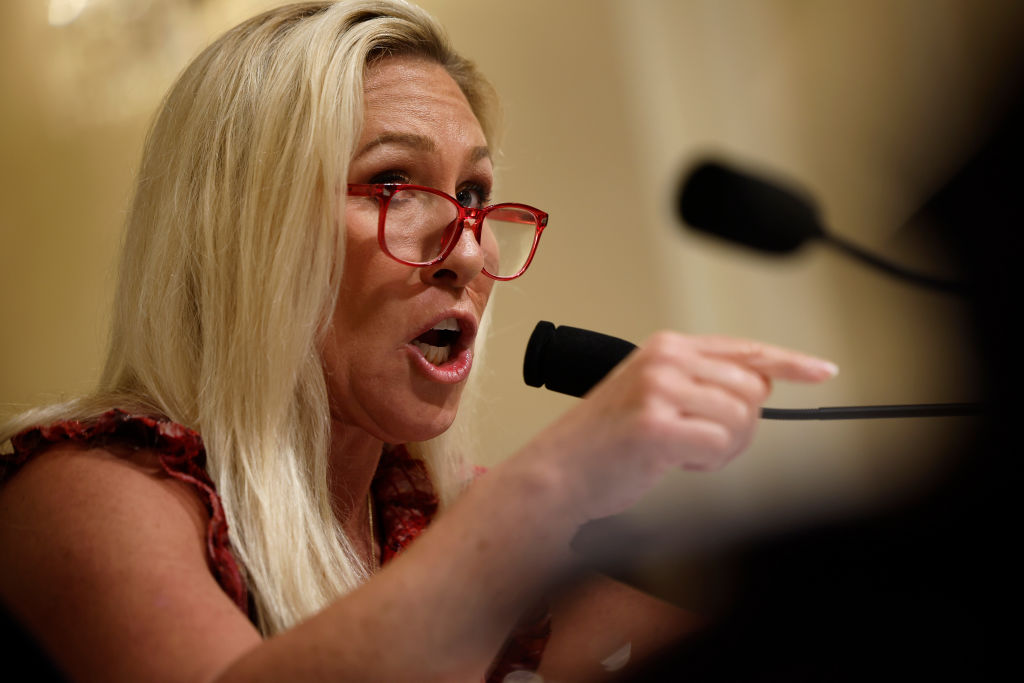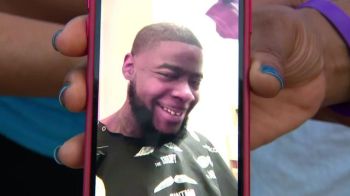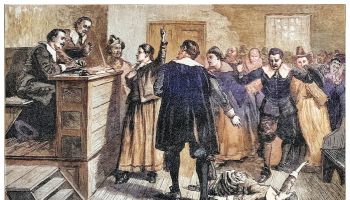In this photo, where Jackie Robinson‘s historic signing with the Brooklyn Dodgers was captured on black and white film, I cannot help but wonder what was going through that then 28-year-old man’s head.
SEE ALSO:Gay Marriage: Stuff White People Do?
His broad, handsome face, immaculately-trimmed haircut, along with his asserted posture, emanates unbridled confidence.
Without uttering a word, his disposition says, “I got this.”
There he was, some 65 years ago today, in 1947 signing a contract that made him the first black Major League Baseball player to don a professional uniform in the modern era.
Indeed, he was not the best black player available at the time. Satchel Page and other Negro League greats were far more prolific players. But Branch Rickey, general manager of the Brooklyn Dodgers, wasn’t looking for the best black player; Rickey needed a black man who could hold his tongue (and his fists) in the face of severe verbal and, and sometimes, physical abuse.
Before Rickey signed Robinson with the Dodgers’ farm team, the Montreal Royals, in 1945, he had a frank conversation with Robinson about the adversities he’d face once he signed the dotted line. Here is a shorthand version of that conversation, according to ESPN:
Rickey: “I know you’re a good ballplayer. What I don’t know is whether you have the guts.”
Robinson: “Mr. Rickey, are you looking for a Negro who is afraid to fight back?”
Rickey, exploding: “Robinson, I’m looking for a ballplayer with guts enough not to fight back.”
In February of 1946, he moved to Florida with his family to join the Royals for spring training.
The former Army Vet and Negro League player handled his playing days with the all-white Royals team with as much dignity a black man could bear back in those days. Robinson and his family received death threats and he was a constant target of racial animus.
But that didn’t stop him from leading the International League with a .349 batting average and .985 fielding percentage. His play quickly elevated him to the Dodgers’ major league roster a year later. He capped it off with a “Rookie of the Year” season.
(The Award was renamed in his honor in 1987)
But his first years with the team were still marked with racial prejudice. The Philadelphia Phillies were particularly cruel. Phillies players and their manager, Ben Chapman, shouted derogatory remarks at Robinson from the dugout whenever he stepped to the plate. Even his white teammates were initially resistant to his presence. But Dodgers manager Leo Durocher told them that he rather trade them than Robinson.
Robinson finished his professional career with six All-Star sections, a world championship, and a 1949 MVP Award, among other accolades. He was elected to the Hall Of Fame in 1962, his first year of eligibility.
We will never be able to grasp the full extent of the humiliation Robinson had to endure during his career. But what we do see are the results. All-Time Great ones! Robinson’s gull to be great in the face of adversity pushed him to be one of the greatest players and national icons America has ever known. He is a model for all Americans, especially Black men who feel they cannot overcome the system.
Like Robinson, we should dare to redefine it!
A “Sports Illustrated” writer put it best when pondering what drove Robinson to be so great, even when his own country’s social structure was hellbent on seeing him fail:
“He understood that he could not fail — Robinson took a deep breath. Somebody else? What somebody else? Damn, there WASN’T anybody else— that he was carrying the weight of the world and the moon and the stars on his shoulders, and that failure was too awful and too calamitous to even think about. If he failed, the bigots were right. If he failed, the cause was stalled. If he failed… well, he could not fail.
He did not fail. He scored a run in his first game, got two hits and a home run in his third, got three hits in his fourth. He scored 21 runs through his first 21 games. His batting average dropped to .263 in early June, and he promptly hit in 27 of his next 28 games, raising it to .315 and leaving absolutely no doubt in anybody’s mind that, hate him or love him, Jackie Robinson was here to stay.”
This is the mentality we as Black Americans should all assume for ourselves. Jackie Robinson took all of the hits for being “the first.” We should continue with that same tenacity in our own era to be great in the face of racism and hardship. Mr. Robinson gave us the road map.
Let’s follow it!
SEE ALSO:
















